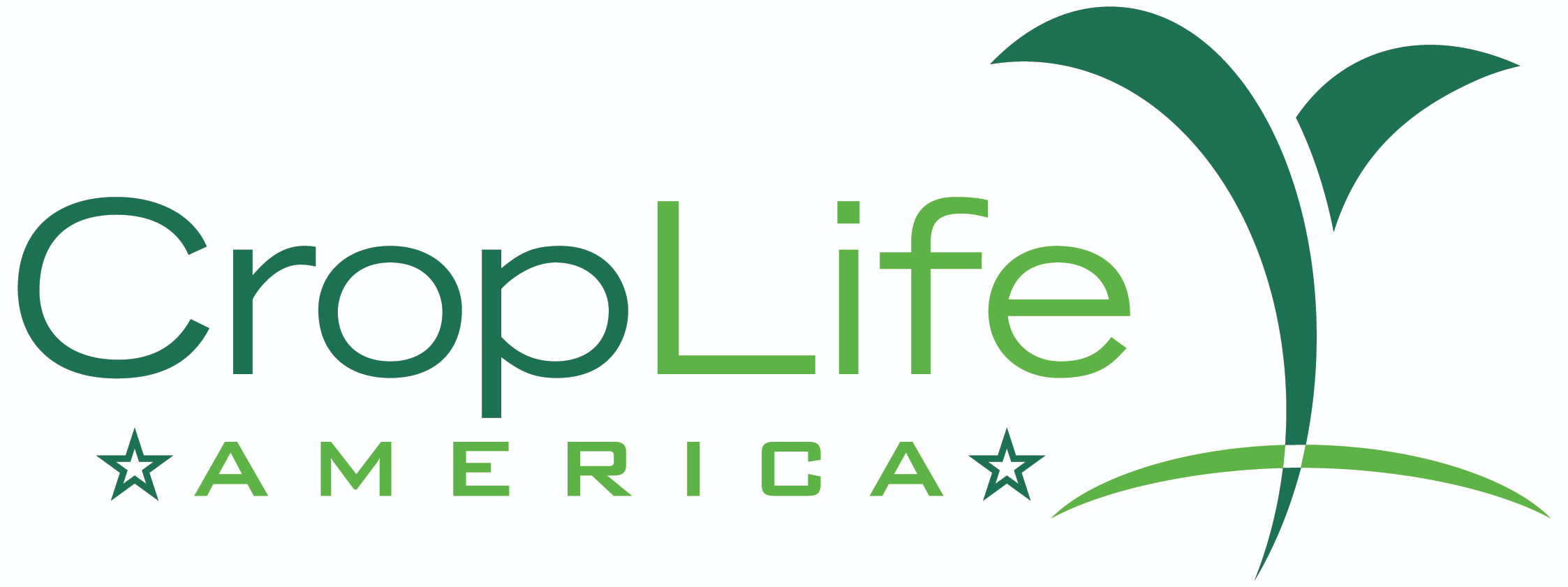
Farmers’ access to pesticides—a critical input for growing crops—is in jeopardy because of misguided state regulatory efforts.
Some states are trying to add labeling requirements to pesticides that directly contradict decades-long scientific conclusions from the EPA.
If not addressed, this will create an unworkable patchwork of regulations that directly impacts the availability of these essential products for farmers—lowering yields, harming farmers’ livelihoods, threatening domestic food security, and ultimately, raising prices for consumers.
Farmers rely on pesticides to grow their crops and keep yields high, bolstering domestic food production and ensuring we have enough to eat.
As it stands now, more than 40% of crops are lost to pests and diseases each year. Without pesticides, that number could jump to 85%.
and diseases each year
Without the use of pesticides, lower yields will result in higher food prices.
The average family of four saves up to 48% on their grocery bill by buying conventionally grown products versus organic.
Farmers already struggle to turn a profit; decreased yields would make it difficult for small family farms to stay in business.
Nearly 3 in 4 farms make less than 10 cents on every dollar they spend—before taxes.
Pesticides allow farmers to grow more with less. Without one of the most commonly used pesticides, farmers' input costs would double.
most commonly used pesticides, farmers' input costs would double
farmers would need
the same amount of food
Pesticides allow farmers to grow their crops sustainably, enabling agriculture practices that use less land and resources.
Without pesticides, farmers would need twice as much land to grow the same amount of food due to reduced yields.
The Agricultural Labeling Uniformity Act clarifies that while states have every right to build on the federal government’s baseline regulations, they cannot directly contradict the scientific findings and rigorous review process of EPA experts.
This bipartisan bill does not impact use restrictions. It would reaffirm that the EPA is the preeminent authority on pesticide labeling and packaging requirements, while still allowing states to enact use restrictions under current law.

Agricultural Labeling Uniformity Act



